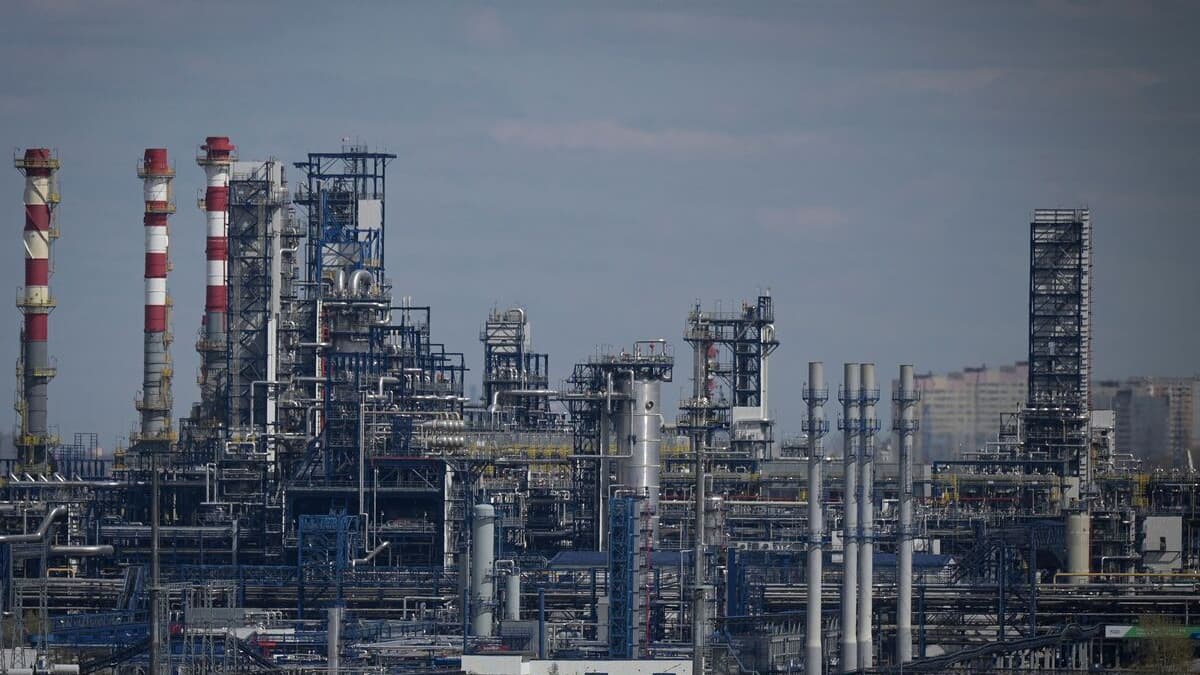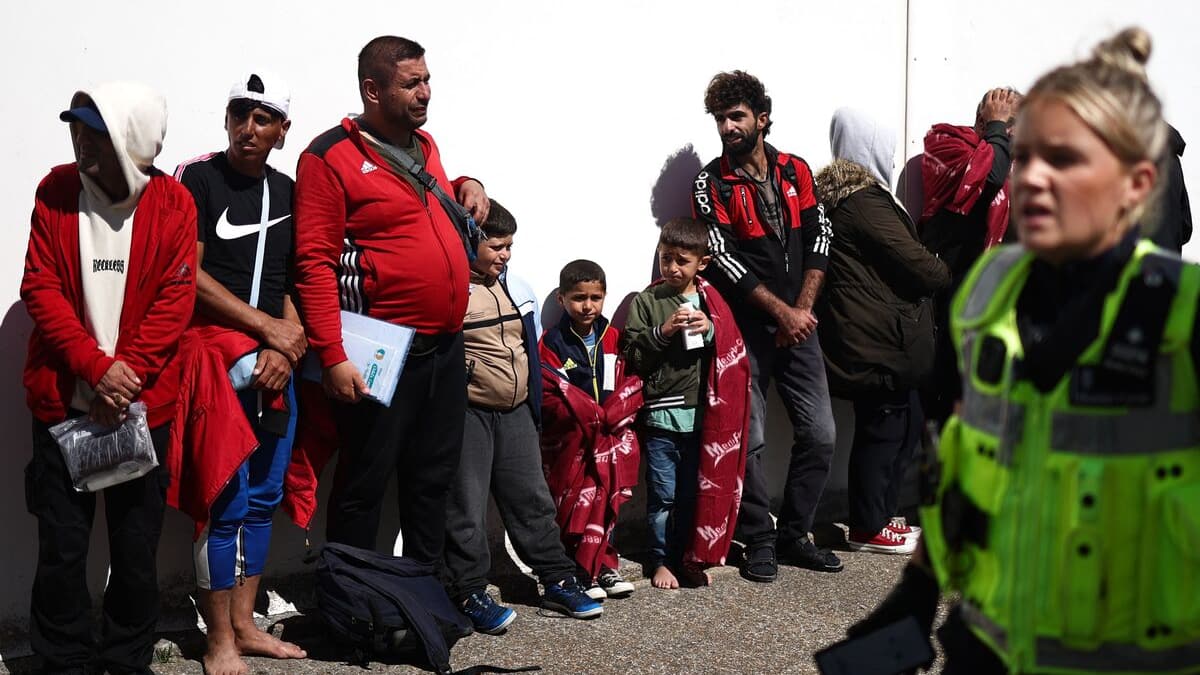
Tough negotiations continue on Sunday among the 27 European Union member states to remove obstacles to a planned European embargo on Russian oil, which has been halted by several member states, including Hungary.
• Read also: Brent crude above the level of 110 dollars, driven by the embargo plan imposed by Russia on the European Union
• Read also: EU countries reject “accomplices” in Russia’s oil embargo in war crimes
• Read also: The European Union is preparing for an oil embargo, and Moscow hits western Ukraine
A European diplomat told AFP that the 27 ambassadors would meet in Brussels “at noon.”
On Friday, they failed to reach an agreement on the implementation of the sixth package of sanctions against Moscow that the European Commission presented on Wednesday. This project provides for the imposition of an embargo on Russian oil by the end of the year, and its implementation raises significant problems for some member states.
Hungarian Prime Minister Viktor Orban, whose country relies heavily on Russia for energy supplies, toughened his tone Friday morning, saying the Brussels proposal “undermines” the unity of the European Union.
The consensus of the 27 countries is required to adopt the sanctions.
There are no political obstacles, but there is a need to ensure alternative sources of supply to landlocked countries that depend on Russian oil through the pipeline. This is not easy,” a European diplomat emphasized.
“These are new infrastructures and changes in technology, which require not only European funding, but agreements between many member states. We are moving forward, but it takes time mechanically.”
The proposal submitted to member states on Wednesday calls for a halt to imports of Russian crude oil within six months and refined products by the end of 2022.
A one-year restriction until the end of 2023 was planned for Hungary and Slovakia, but it was considered insufficient. It has been extended until the end of 2024 in a new version of the project discussed Friday and the Czech Republic has been given that possibility as well, according to concordant sources.
Work is continuing to “respond to concerns about the security of supplies in certain countries”, which is the issue of finding “solidarity mechanisms, solutions and practical alternatives, and this is not a political problem”, assures another diplomat.
The head of European diplomacy, Josep Borrell, announced on Friday that he will hold an extraordinary meeting of EU foreign ministers “next week”, after “Europe Day” on May 9 if an agreement, reached over the weekend, is not reached.
I am convinced we will adopt this package. “If it takes another day, it will take another day,” said European Commission President Ursula von der Leyen.






